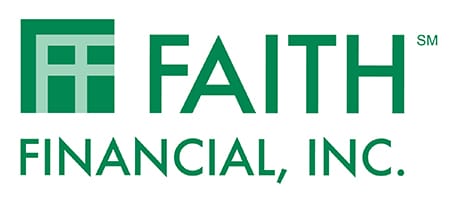For most of us, our home represents our largest asset. Over time, the management of this asset can make a big difference in our overall financial outlook. One of the largest planning opportunities home ownership brings is the favorable tax treatment afforded the sale of a primary residence. Home Sale as Capital Gain The gain on the sale of a …
Tax Aspects Of Working At Home
How much of their home office expenses can be deducted is one of the most misjudged tax questions faced by home workers. The reality of home office expense deductibility is much more complex than the common perception. When Can Home Office Expenses Be Deducted? The costs associated with maintaining a home office can be deducted only if strict IRS guidelines …
Taking The Mystery Out Of Capital Gains
Under the recently enacted Jobs and Growth Tax Relief Reconciliation Act of 2003, generating long term capital gains or acquiring dividend income could be two of your big opportunities to save on taxes. Be aware that the Act of 2003 created “sunset provisions”, however, meaning that the tax rates on both capital gains and dividends may go up again unless …
Gift Tax Fundamentals
The federal government imposes a substantial tax on gifts of money or property above certain levels. Without such a tax someone with a sizable estate could give away a large portion of their property before death and escape death taxes altogether. For this reason, the gift tax acts more or less as a backstop to the estate tax. And yet, …
Traditional and Roth IRAs – Which Is Right For You?
There is a wide variety of tax-advantaged ways for individuals to save for retirement. Because of their income tax benefits and because IRAs are so easily established, they have become one of the most often used retirement savings vehicles available today. Recent tax laws, however, have created three very unique types of IRAs the Traditional IRA, the Non-Deductible IRA and …
Roth IRA Conversion Review
If you have existing retirement assets in a traditional IRA, you may want to consider converting those assets to a Roth IRA. Possible benefits of converting include tax-free distributions at retirement, no required minimum distributions at age 70 ½, and leaving income tax-free assets to your heirs in the event of your death. While Roth conversions are not subject to …
Retiring At An Early Age
Historically, most Americans have considered 65 to be their target retirement age. This is likely the result of past Social Security laws which allowed for a full benefit beginning at age 65. Workers today, however, are retiring at earlier ages than in years past. In just the last few years, for example, the average age for retiring has dropped to …
Tax Qualified Plans
As a business owner, there are several reasons you might want to implement a qualified retirement plan for you and your employees. Not the least of which is that qualified plans provide numerous tax advantages. Contributions for all participants are 100% tax-deductible to the business up to certain limits. Annual contributions by the business are not considered taxable income to …
Minimum Retirement Plan Distributions
Most qualified retirement plans offer significant tax benefits for those willing to follow a few IRS specified rules. The government wants to make these plans (401(k)s, Keoghs, SEPs and traditional IRAs) available for specific needs, and has established tax law to help eliminate potential abuses of these tax advantaged investment alternatives. Retirement Plans are Intended for Retirement For one thing, …
Living Expenses In Retirement
In order to plan realistically for the future you need to have a clear understanding of what money you need when you retire. This will include the cost of living and special activities you will have. It is estimated that you will need to replace 60% to 80% of your pre-retirement earnings in order to keep the standard of living …
